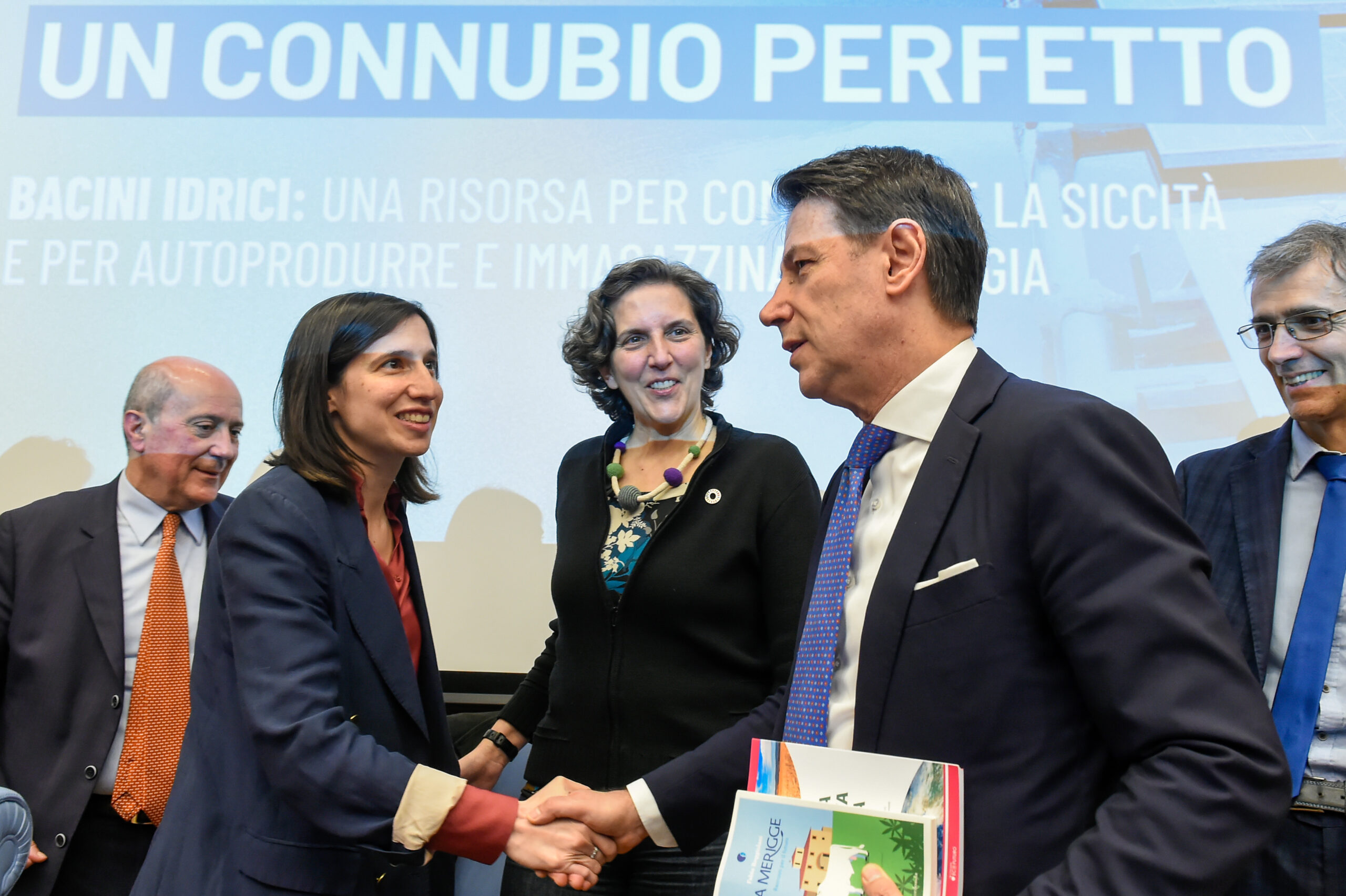The eternal (stale) return of the moral question

The "moral question", despite the nobility of the intent with which it is still cloaked today, actually translated into facts into a phase of political errors, sensational defeats and justicialist drifts. Paola Sacchi's italics
A continuous upward game with the now clear objective of becoming leader of the wide field. Elly Schlein launches the code of ethics for candidates but for the five-star leader and former prime minister it is not enough. Moreover, his primacy on the so-called "moral question", after the case of Bari on vote swapping and preferences which dramatically affects the Democratic Party, by withdrawing from the primaries, Conte immediately declared: precisely we "who were born for the fight against corruption” we cannot tolerate this situation.
The former prime minister's tactic of depriving Schlein of that sort of primacy in posing the objective of the "moral question" which should be hers is evident since the Democratic Party has its roots in Enrico Berlinguer's PCI, which posed the famous "question", as well as in the left DC. But few perhaps remember that the "moral question", always surrounded by an aura that continues to exert its charm even in right-wing circles, actually coincided with the declining phase of a PCI that continued to be poorly morally financed by the USSR, enemy power of the West.
The "moral question" that Berlinguer posed in Scalfari's famous interview in 1981 actually coincided with an increasingly heated extremism of the PCI which saw Bettino Craxi, the only liberal, reformist and modern left, as enemy number one. So much so that many observers saw in the radical and moralistic turn of a PCI which had already emerged with broken bones from the Fiat 80 40,000 march above all as a way to reposition itself in the political scenario after abandoning the policy of national unity with the DC.
Berlinguer abandoned the line of historical compromise for the so-called "democratic alternative" whose allies it was not clear from the beginning who they might be, other than those who were once referred to with a hint of contempt in the PCI as "the gruppettarians". The so-called "meliorists", the minority in favor of unity with the PSI, at the base and at the top, immediately understood that that alternative was not with Craxi but against Craxi. A confused and extremist strategy began which led the PCI, already fresh from the searing defeat at Fiat, to crash into the referendum against the St. Valentine's decree, wanted by the Craxi government which thus managed to reduce the galloping inflation.
The "moral question", despite the nobility of the intent with which it is still cloaked today, actually translated into a phase of political errors, sensational defeats that also left their mark on the level of trade union battles. And he contributed to laying the foundations of justicialist moralism which is still a distinctive feature of the left today. Everything in politics comes back in the end. Maybe in other forms. But the Schlein secretariat also coincides with an extremist and radical turning point. In which, however, they had not been placed in Conte, one could say with a play on words, the Five Star Movement whose roots lie in certain fatal errors of the past on the left.
This is a machine translation from Italian language of a post published on Start Magazine at the URL https://www.startmag.it/mondo/questione-morale-conte-schlein/ on Wed, 10 Apr 2024 05:23:06 +0000.
